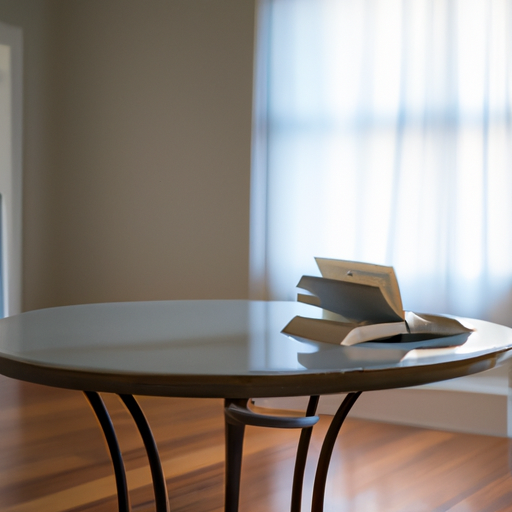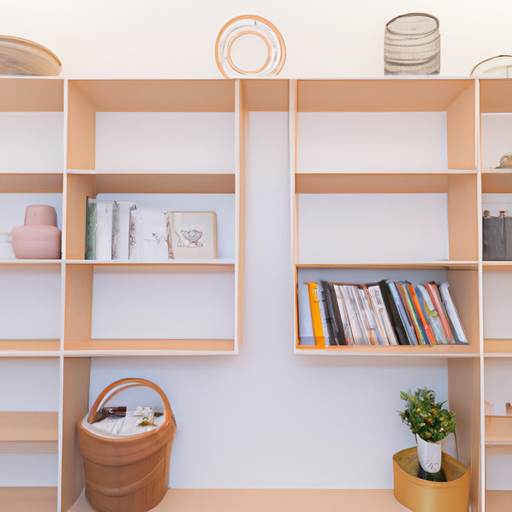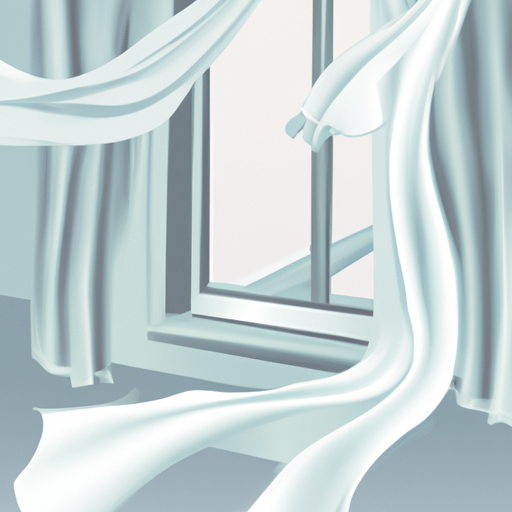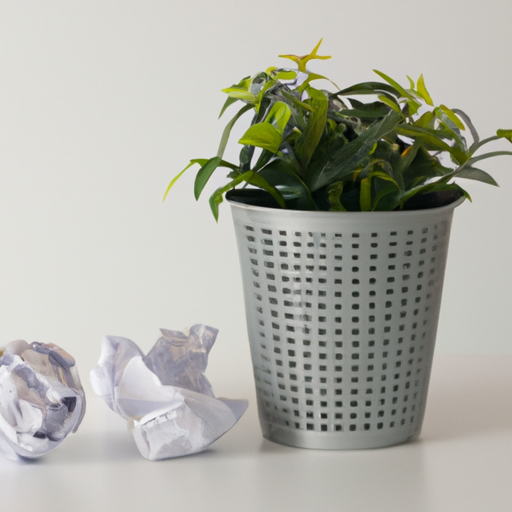Note: As an Amazon Associate I earn from qualifying purchases.
My book review: ‘The Minimalist Home - A Room-by-Room Guide to a Decluttered, Refocused Life’
Introduction
I recently decided to declutter my life and home, turning to Joshua Becker’s The Minimalist Home for guidance. As someone who often feels bogged down by too much stuff, I hoped to find a way to break free and focus on what’s truly important. This book seemed like a practical choice for someone like me, looking to sift through the chaos and simplify my surroundings. Here’s my take on embracing a minimalist lifestyle, where I found value in Becker’s advice, and where I think it falls slightly short.
Prices
Check prices of the The Minimalist Home - A Room-by-Room Guide to a Decluttered, Refocused Life on:
Appraising the Minimalist Movement through Literature

Exploring the minimalist lifestyle through books like Joshua Becker’s The Minimalist Home has been an insightful journey. As someone who’s always looking for ways to simplify life and focus on what truly matters, Becker’s step-by-step approach resonates with me. However, it hasn’t all been smooth sailing. Here’s a breakdown of my experiences:
Pros:
Clear, actionable advice on decluttering room by room.
Focus on your personal values when decluttering, rather than only focusing on getting rid of items.
Offers practical checklists and thought-provoking questions.
Cons:
Some strategies appear similar in different rooms.
When necessary, the content aligns with Becker’s online materials.
Experienced minimalists may find this information too simple.
From my perspective, books on minimalism, including “The Minimalist Home” by Becker, share a similar philosophy: owning fewer possessions leads to a richer life. This idea is common, but Becker’s approach particularly inspired me to address my clutter. Each chapter instilled a strong desire to take action. However, the narrative felt somewhat preachy and repetitive at times. I yearned for more detailed and innovative strategies—the kind that instantly capture your attention and spark a transformative change.
On the positive side, the book offers useful features. One is the room-by-room guides which provide a systematic approach, resembling a GPS when navigating through the clutter of your belongings. Moreover, the book emphasizes that what truly matters isn’t your possessions but the life you live. This perspective transforms the process from a tedious task into a significant transition.
Sure, I’ve understood that some find Becker’s book too simple or derivative. I get it to an extent. But I still believe simplicity is crucial. He repeats ideas in different rooms to help people overcome the natural resistance to change. By reinforcing core principles, he supports the mindset for lasting improvements.
Truth be told, Becker’s approach to decluttering and minimalism resonates with me. His philosophy is flexible, allowing for a personalized version that suits my life instead of demanding strict conformity. While some may criticize it as unoriginal, its ability to renew inspiration and strengthen commitment during the decluttering process is invaluable for me.
Practical Room-by-Room Decluttering Strategies

In tackling “The Minimalist Home,” I followed a systematic approach, room by room for easier decluttering. Here’s how it went down:
Living Room - Freed up space made it more inviting for family time. Kitchen - Cleared counters offered up more room to cook, making it a joy rather than a chore. Bedroom - A minimalist bedroom became a serene escape at the end of the day. Bathroom - Less clutter equals less cleaning, which is always a win in my book. Garage - With less stuff in the way, I finally have room for the car!
Going through each room with Joshua Becker’s guidance was empowering. His checklists focused my efforts and inspired action, transforming what could have been a chore into valuable work. As a result, my home feels more welcoming and peaceful.
I found the decluttering advice from Becker underwhelming if you’re seeking innovative methods. His suggestions aren’t groundbreaking; common tips like keeping, donating, or discarding items dominate minimalist content. The approach becomes repetitive as well - once you’ve organized one room, applying the same principles to subsequent spaces can feel redundant.
But the main problem for me was the way the information was presented. Adding visuals like before-and-after photos and room layouts could have made the content clearer and more engaging.
From a personal standpoint, “The Minimalist Home” brought mental benefits rather than physical ones for me. Although less clutter is desirable, it was the psychological liberation from material possessions that truly mattered. The idea of walking into a room and having it solely meet my requirements is exhilarating.
Using the book was like having a coach at home. I knew I should be doing certain tasks, but having Becker’s guidance motivated me. The checklists and room-by-room instructions helped keep me focused, even with their repetition and lack of newness.
I can’t ignore consumerism’s appeal, but “The Minimalist Home” serves as a reminder of the consequences of my spending habits. The book focuses on applying the principles rather than just comprehending them. It’s not about becoming an extreme minimalist, but creating a living space that suits your desired lifestyle. This message is important for many, regardless of whether we’ve heard it before.
The Psychological Impact of a Decluttered Space

Embarking on the minimalist lifestyle journey reveals its benefits. Decluttering isn’t merely about a clean house; it offers mental clarity.
The Impact of a Decluttered Space on Me has been significant. Eliminating possessions brings more than just physical change; it grants mental freedom. Noteworthy advantages and disadvantages from my experience are:
Increased Focus: Fewer distractions mean it’s easier to concentrate.
Sense of Calm: A tidy room literally provides breathing space for your brain.
Improved Decision Making: Less stuff reduces the fatigue that comes with too many choices.
However, the process presents some challenges:
Inefficient Process: This task can be time-consuming, particularly for those who are sentimental.
Making decisions in the face of Overwhelming Choices can be a daunting task. With an abundance of options at our disposal, it’s no wonder we sometimes feel paralyzed and unable to make a choice.
Maintenance: Keeping a decluttered space neat requires ongoing effort.
Navigating the consumerist society’s cluttered environment is a constant struggle. We face daily ads and societal pressure to acquire more. Adhering to a minimalist lifestyle requires consistent dedication, and it can be easy to stray from this path.
I found Becker’s book, “The Minimalist Home,” to be beneficial, although not entirely groundbreaking. Adopting a step-by-step approach made the minimalist journey less overwhelming and helped clarify the importance of each item in my home. However, at times, the book seemed repetitive as it presented similar ideas using different words. The process of minimalism demands dedication and effort, which cannot be hastened.
Despite the challenges, I’m making progress. My kitchen counters are now clearer, simplifying cooking. My bedroom, a previous source of anxiety, is transforming into a peaceful retreat. This process isn’t about attaining perfection; it’s about daily decisions that align with my values.
What resonates with me is Joshua Becker’s adaptable approach to minimalism. Unlike Marie Kondo’s strict suggestions, Becker acknowledges that not everyone desires or should live with bare walls and empty spaces.
The key is focusing on regaining my time for family, passions, and self-improvement, rather than the quantity of possessions I’ve discarded. This book has fostered a mental shift, one drawer at a time. It’s about altering consumption patterns and mindsets permanently, not just during a decluttering marathon on the weekends.
Would I recommend “The Minimalist Home”? Yes, if you want inspiration to simplify your possessions and find inner calmness. It’s a helpful resource for your journey towards an organized living space.
Sustaining Minimalism in a Consumerist Society

In my minimalism journey, “The Minimalist Home” by Joshua Becker was a helpful resource. The book goes beyond decluttering; it offers peace in a world full of distractions and demands on our resources.
Here’s a clear explanation of my experience with the book’s method:
Pros of Joshua’s method include the provision of a specific plan for each room, making the process manageable. Checklists offer practicality and inspire action, which are two more pros. Moreover, Joshua’s writing connects with readers rather than criticizing them, adding yet another pro to the list.
Cons: The information may seem repetitive for people who are already minimalists. Minimalist beginners might find it helpful, but those with non-standard living situations might not relate.
But the key point remains clear. Minimalism isn’t merely about discarding items; it’s a deliberate decision to resist the materialistic culture that equates worth with possessions. This book, though repetitive at times, reinforces this concept and helps cultivate a minimalist mindset.
I see that some people argue the book doesn’t offer anything new. Despite this, its room-by-room approach benefits those who haven’t succeeded with other methods. The book is also realistic, acknowledging that having more than two screwdrivers in a toolkit can be necessary. It steers clear of minimalist extremism and offers flexibility instead, which is crucial in our consumer-driven society.
Uncluttering not only helps in revealing but also in uncovering and nurturing what truly matters in life. Minimalism extends beyond aesthetics; it offers space for growth and fulfillment, be it family, hobbies, or personal goals.
That said, the book could have included more visual aids and personal stories for greater impact. In the tech domain, minimalist principles can be difficult to apply due to the temptation of new gadgets. However, the minimalist philosophy in “The Minimalist Home” is still valuable for making thoughtful decisions about tech purchases.
In the book’s conclusion, it encourages you to establish a home aligned with your values, devoid of clutter. This form of minimalism emphasizes owning fewer possessions but living richly. If this idea doesn’t appeal to you, I’m unsure what would.